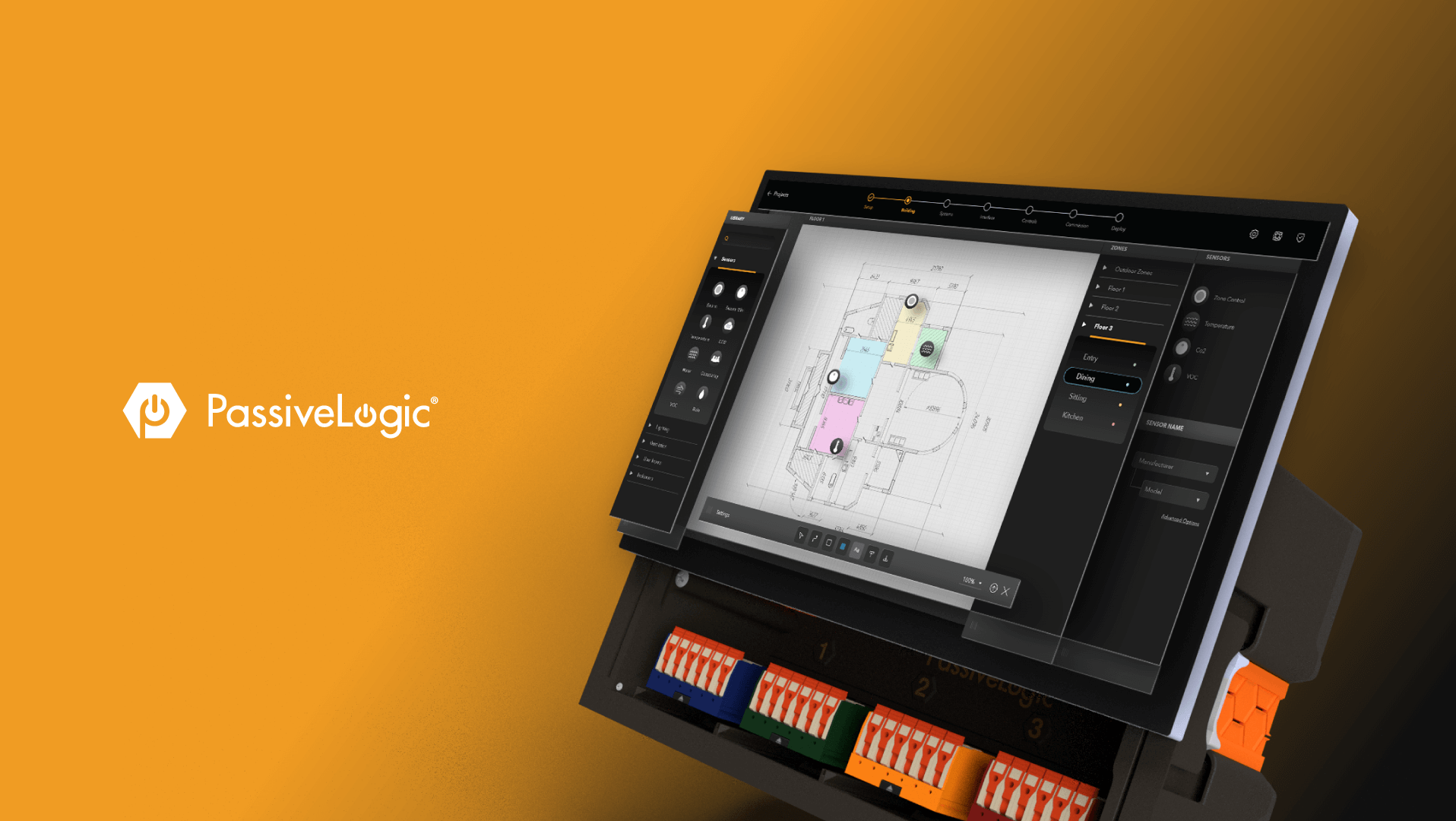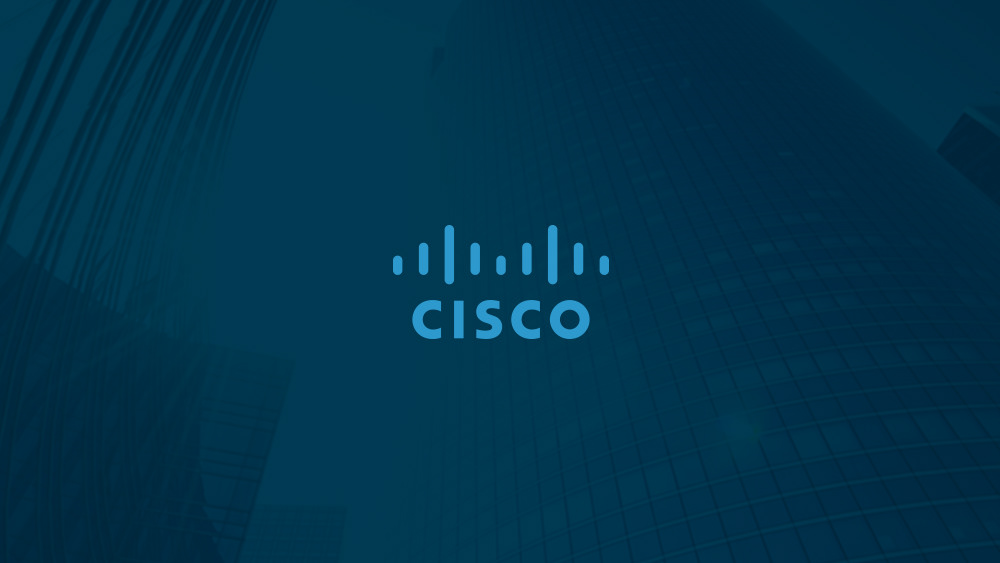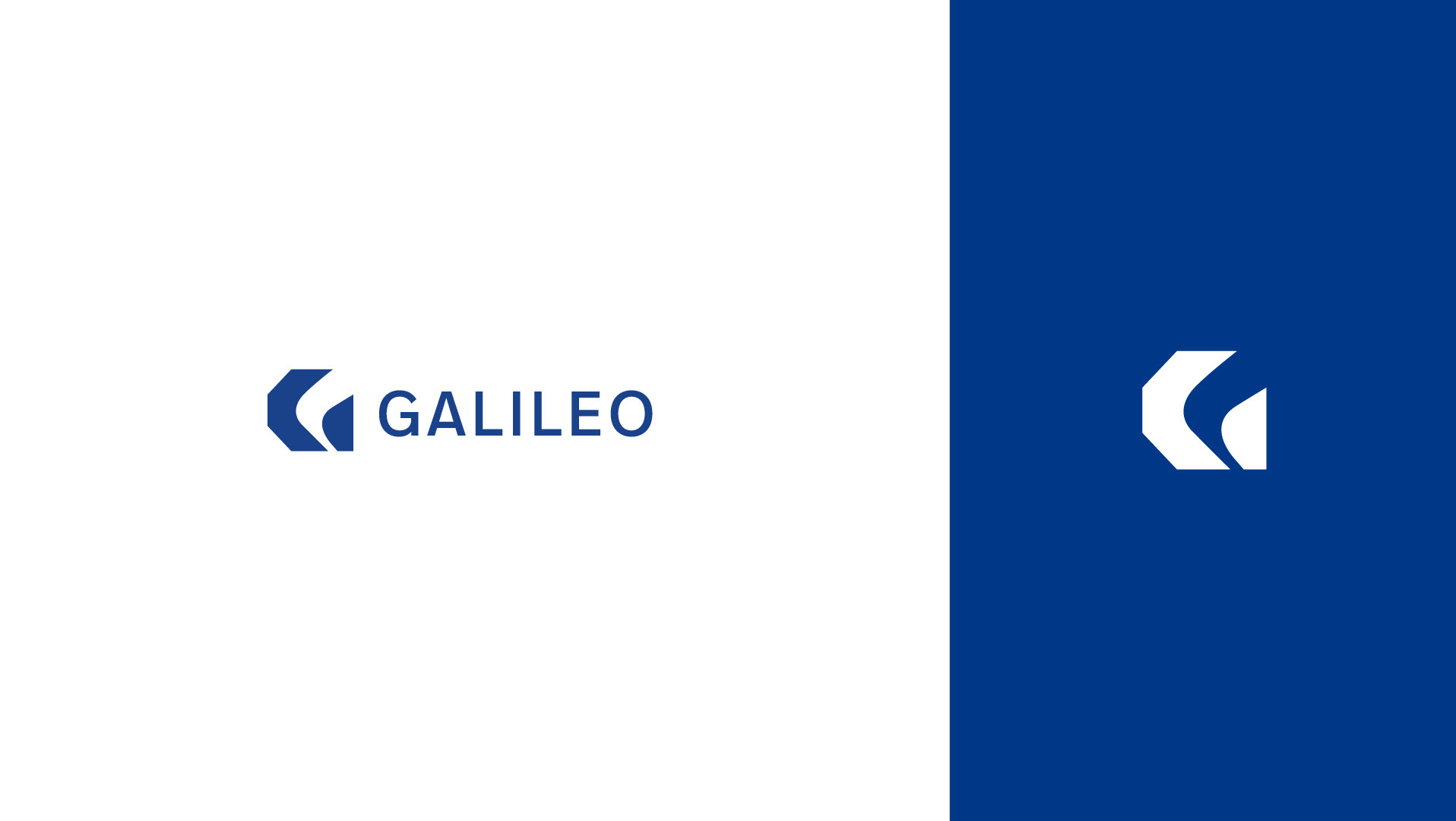Medici Land Governance promotes economic development and full financial inclusion by helping individuals establish formal ownership of their homes and land. Medici Land Governance offers digital land-titling solutions in developing nations. I was hired to establish their global brand identity, design their website, and create marketing materials, facilitating their mission to modernize land governance.
MLG is a public benefit company that is efficiently leveraging blockchain and other technologies to provide user-friendly, low-cost land administration systems.
Services:
Branding Indentity
Brand Architecture
Website Creation/Development
Marketing Assets
Product Strategy(UX) & Design(UI)
Product Documentation (marketing)
BRANDING

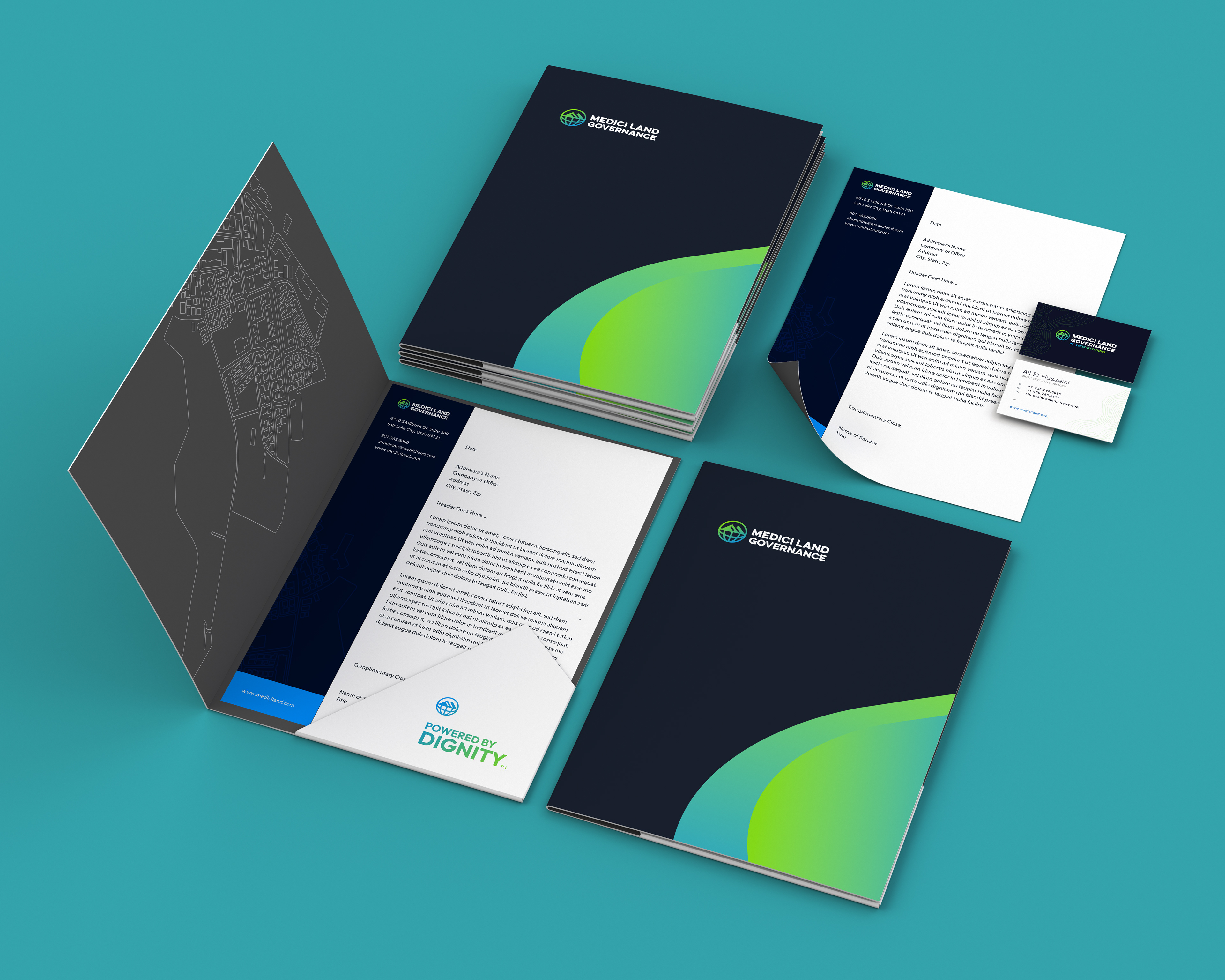

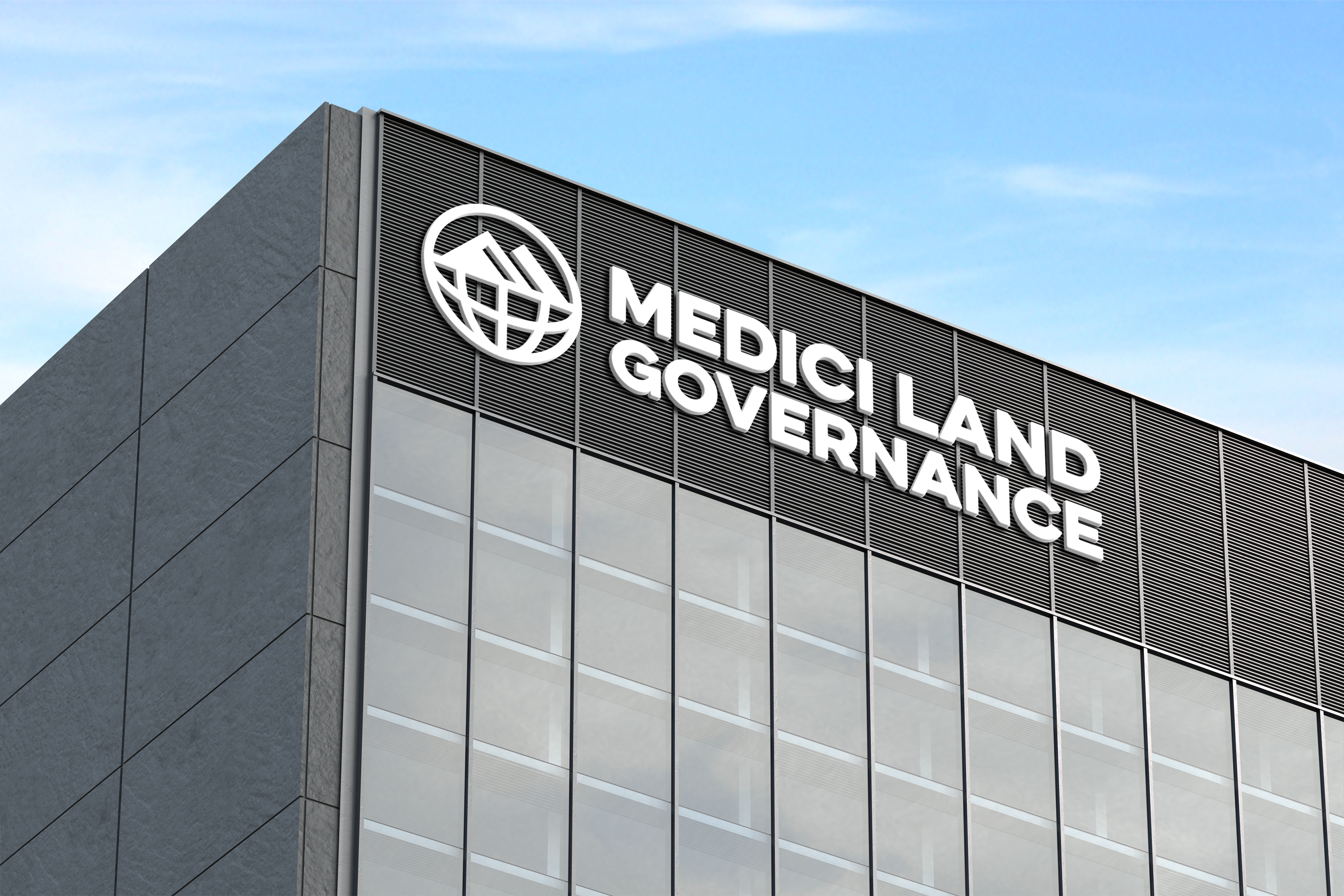
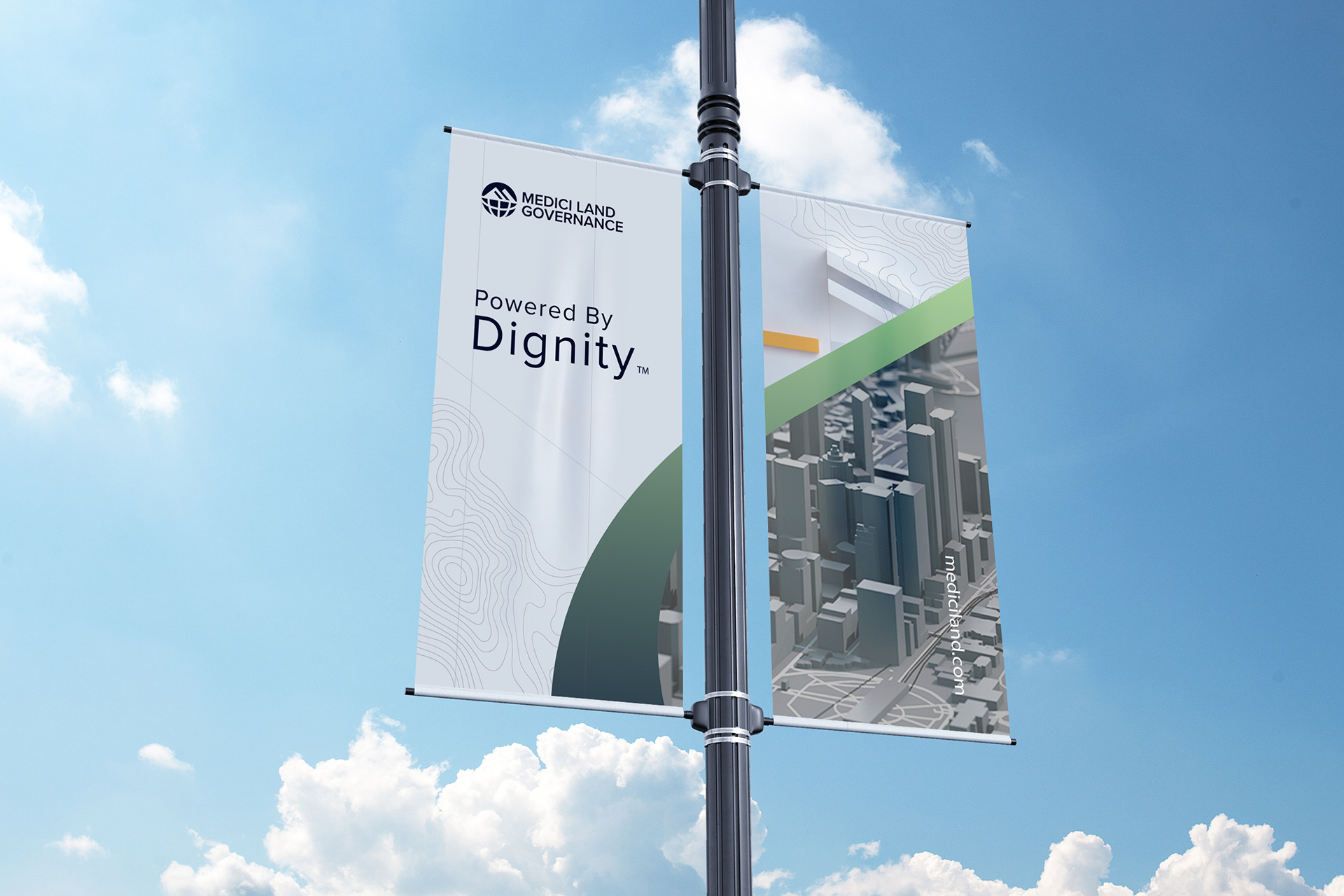
Website
Product Overview
Systematic Land Titling
Systematic land titling refers to the process of formally registering and documenting ownership of a piece of land through a systematic and organized method. It involves creating a comprehensive land registry system that records all the rights, interests, and ownership claims over a piece of land. The objective of systematic land titling is to improve the security of tenure for landholders, increase transparency and accountability in the land ownership process, and prevent disputes over ownership.
The process of systematic land titling typically includes the following steps:
Surveying and mapping of the land – This involves determining the boundaries of the land, its location and its size.
Title verification – Involves verifying the ownership of the land and ensuring that it is free from any claims or encumbrances.
Documentation – This involves recording the ownership and rights of the land in a comprehensive land registry system.
Issuing title certificates – This involves issuing a formal certificate of ownership to the landholder, which serves as proof of ownership.
Maintenance of the land registry system – This involves updating the land registry system regularly and ensuring that it remains accurate and up-to-date.
Overall, systematic land titling is a key tool for improving land governance and enhancing the security of tenure for landholders. It can also help to increase investment in land, boost economic growth, and reduce poverty.
The Challenge
Lack of accurate information: In many countries, land information is often incomplete, outdated, or inaccurate, which can make it difficult to establish clear title to land.
The Hope
To overcome these challenges, it is important to approach systemic land titling as a comprehensive and integrated process that involves the active participation of all stakeholders and is based on a sound legal framework, clear and transparent processes, and the use of appropriate technology.
Acquisition of High-Quality Imagery
Drones are used to capture high-quality imagery for the pre-vectorization of demarcation area boundaries
Accurate Data Collection
In-person applications, signatures, and photographs are completed on-site electronically, preventing any loss of data through missing paperwork.
Record Validation
Analyzed records publicly displayed and verified by landowners and the community. Manage conflicts or objections that may occur because of disputed ownership or property lines.
Government Approval
Customizable government approval workflows allow each step of the government approval process to be recorded efficiently using digital signatures, and automatically generated documents required for land title issuance.


